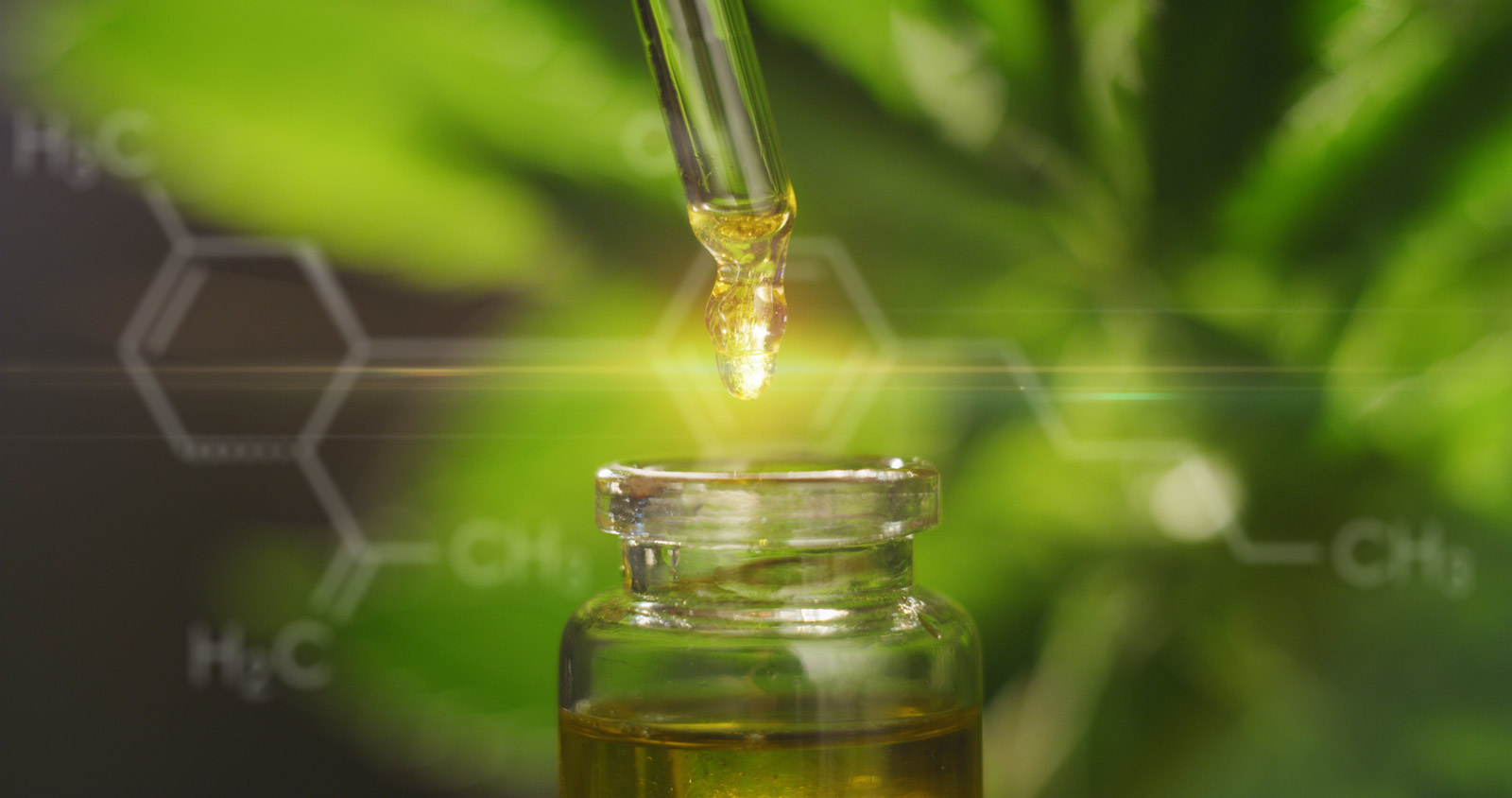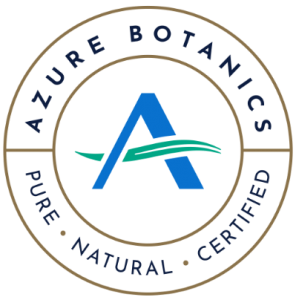
You may remember learning about the 11 systems of your body that work together to maintain life and ensure your body’s survival (i.e. homeostasis)…
But what if I told you that the textbooks, commonly written by Big Businesses (Pharma), left one of these systems hidden? A system so big and so essential to everyday life that it is constantly working in synchronicity with all the other systems…
This hidden but incredibly important system is called the Endocannabinoid System and it holds the keys to unlocking the greatest mysteries of the human body.
The Endocannabinoid System, or ECS, remained undiscovered until the early 1990s when scientists found specific receptors, revealing the existence of naturally occurring neurotransmitters called endocannabinoids. The ECS is now known as an essential regulatory mechanism in the body’s biochemistry and physiology, and its name derives from the fact that all higher animals have natural cannabinoid receptors. When an imbalance is detected, our body synthesizes endocannabinoids that interact with the endocannabinoid receptors. This stimulates a chemical response seeking a return to a natural physiological balance, homeostasis.
In the human body, there are two primary endocannabinoids: 1. Arachidonylethanolamine (AEA), nicknamed anandamide from the Sanskrit word for “bliss” and 2. 2-arachidonylglycerol (2-AG). These two are the star players in a growing group of endocannabinoids found in the human body. Some other endocannabinoids seem to be inactive when tested on their own, but when combined with AEA and 2-AG many experiments have demonstrated an “entourage effect” (a synergy or boosting effect) caused by these entourage compounds enhancing relief on pain and inflammation in the body.
To understand how this works, imagine the endocannabinoids as keys to a corresponding receptor lock.
The primary ECS receptors are Cannabinoid Type 1 (CB1-R) and Cannabinoid Type 2 (CB2-R) receptors, which can be unlocked by endocannabinoids, phytocannabinoids, or synthetic cannabinoids. CB1-R is best known as the neuromodulatory receptor in the brain where we can see THC’s effects on short-term memory, pain, emotion, hunger, etc. CB1-R is the most abundant protein coupled receptor in the brain, which speaks to its importance for cerebral function in health and disease because it regulates the brain back into balance. It is also found in the spinal cord and peripheral nervous system (key role in regulation of pain, itch, and muscle tone), gastrointestinal tract (key roles in propulsion and secretion during digestion), endocrine function and fertility, and cellular functions (key role developmentally or in the uncontrolled growth and spread of cancer). CB2-R is a non-pyschoactive receptor that is typically found outside of the brain in the periphery gut, spleen, liver, kidneys, bones, blood vessels, lymph cells, endocrine glands, and reproductive organs. CB2-R is primarily known for its key roles in mediating the immune system, signal processing of the brain, and seeking natural balance and well-being.
Like many locks and keys, a certain lock will only accept specific keys. In the human body this process is called signal transduction, where a specific cannabinoid or a combination of cannabinoids binding (or unlocking) to a specialized receptor triggers an event (or series or events) in the cell, resulting in a change in the cells activity, its gene regulation, and/or the signals that it sends to neighboring cells. This signal transduction is so essential to our life because it regulates and balances the important functions our body needs for growth, metabolism, and survival.
In 1998, Professor Di Marzo summarized the basic functions of the ECS as relax, eat, sleep, forget and protect. When we see a general decline in our overall health (especially in those areas), we may be seeing a result of Cannabinoid Deficiency.
Since the human body produces its own endogenous cannabinoids, without a healthy, sufficient supplementation into our diet of those cannabinoids the ECS operates at less than peak performance.
Our products naturally supplement your endogenous cannabinoids to avoid deficiency and secure natural well-being and health as nature intended.
